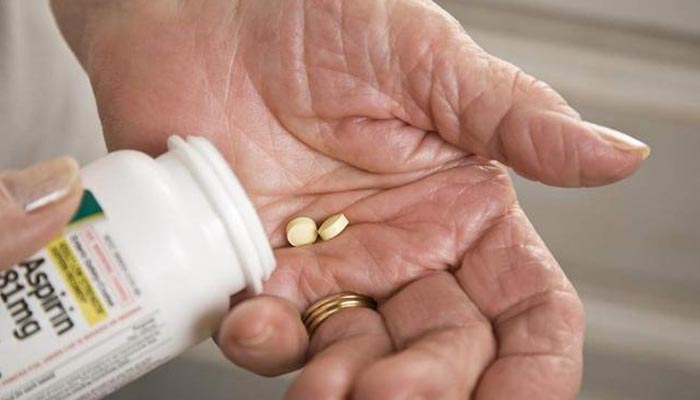Taking aspirin can trigger many health risks, including cancer
People taking aspirin are more likely to develop advanced cancers that may lead to their death
July 23, 2022

- Aspirin increases risk of heart failure, may trigger cancer in older adults and liver damage in hospital patients.
- People taking aspirin are also more likely to risk death among those who develop advanced cancers.
- One should consult a medical professional if deciding to stop taking over-the-counter drug, warn experts.
Recent findings revealed that taking aspirin increases the risk of heart failure, and may trigger cancer in older adults and liver damage in hospital patients.
Researchers from the University of Georgia warned that aspirin’s positive impacts are highlighted in outdated research from decades earlier. Instead, they found that unless you’ve already had a heart attack or stroke, taking daily aspirin may trigger health concerns.
“We shouldn’t just assume that everyone will benefit from low-dose aspirin, and in fact, the data shows that the potential benefits are similar to the potential harms for most people who have not had a cardiovascular event and are taking it to try to prevent a first heart attack or stroke,” explains study author and researcher Mark Ebell, according to Study Finds.
Further, in two different studies, researchers warned seniors that taking aspirin could cause internal bleeding among those trying to prevent heart disease or possibly lead to cancer.
Medical researchers in Boston found that among those who develop advanced cancers, those taking aspirin are also more likely to risk death.
On the other hand, European researchers found that aspirin raises the risk of heart failure among those who smoke, have high blood pressure, are obese, have high cholesterol or have cardiovascular disease.
Chinese researchers revealed that patients with the latter two diseases are most likely to pose a threat to their liver health by taking non-steroidal anti-inflammatory drugs (NSAIDs), including ibuprofen and naproxen.
“Our results showed that the incidence in hospital patients was 13 times higher than that of the general population in mainland China,” said corresponding author Dr DaiHong Guo from the Chinese People’s Liberation Army General Hospital in Beijing, according to Study Finds. “The incidence of liver injury for many drugs has been seriously underestimated.”
Despite the severe health risks of aspirin, experts warn that one should consult a medical professional if deciding to stop taking the over-the-counter drug.











